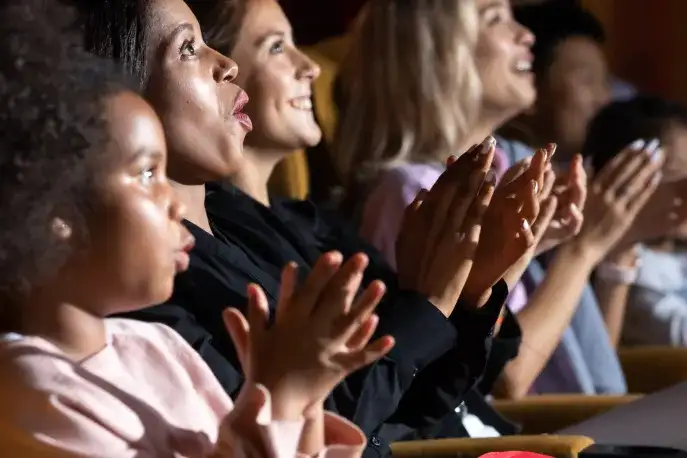An ongoing commission by the Local Government Association (LGA) is investigating the role that public funding of culture can play in post-pandemic recovery. In this blog, we summarise the aims of the Commission on Culture and Local Government, its most recent research output, and how you can get involved in a forthcoming event hosted by the Commission.
The LGA Commission on Culture and Local Government
Councils are the biggest public funders of culture, spending over £1 billion a year in England alone. However, this role is seldom recognised at a national level. The Commission on Culture and Local Government was established to demonstrate the important contribution local council funded culture can make to the government’s Levelling Up agenda and to post-pandemic recovery across the country.
The Commission is composed of leaders from the cultural sector, local government, funders and others. The Commission also includes CLA Co-Chair Derri Burdon. The Commission recently called for evidence on case studies of effective cultural provision delivered by local government, forming the basis for ‘The Cornerstones of Culture’.
The Cornerstones of Culture report
The Cornerstones of Culture is a report that draws together a wide range of evidence to detail a range of case studies that capture:
- The important role that local government plays in culture, acting as a counterweight to much discourse in the last decade which has been negative about the role of councils in this space due to underfunding
- How many councils remain highly committed to investing in culture where they can, despite the budgetary challenges they face following a decade of cuts from central government. The commitment of these councils is underscored by the fact they have no statutory duty to invest in any local cultural offer
- Nevertheless, there are disparities in the commitment of councils to culture, with some being much more committed than others. This adds to the country’s status as a dappled space when it comes to local cultural provision
- Prudent councils understand and plan actively around the fact that culture can allow councils to deliver against a lot of their key priorities – health, post-pandemic economic recovery, social mobility and skills
- The best council-led local cultural provision keep young people front and centre
The report concludes with dozens of recommendations aimed at different kinds and levels of decision-maker. Ultimately the thrust is to empower and support local councils, viewing their investment in culture as a way of improving performance against other key goals. However, the report also acknowledges the need to see the value of arts for their own sake. For example, the report discusses how culture plays a role in social mobility – not just through upskilling young people to improve their economic circumstances, but by creating fairer access to civic and cultural life.
North West Cultural Education Summit
The North West Cultural Education Summit will be held on May 25th in Wigan. The summit will focus on discussions of the findings and recommendations of the Commission on Culture and Local Government. There will also be lots of consideration on how local government can collaborate with education providers and the cultural sector to support a national Cultural Education Plan.
Wigan was chosen as a host for this event due to its long and pioneering history of cultural education. The town was influenced by the seminal 1982 Gulbenkian report, The Arts in Schools: Principles, practice and provision’. The report led to the introduction of a new approach to cultural learning in the town, with the creation of an ‘artists in residence’ model. Fittingly, Sally Bacon, CLA Co-Chair will be at the event presenting on the new Gulbenkian The Arts in Schools report, while Steve Moffit, CEO of A New Direction, will also be speaking at the event on his experience of cultural learning growing up in Wigan.
While the event will not be livestreamed, all talks will be recorded at the event and be available on the Curious Minds website.




